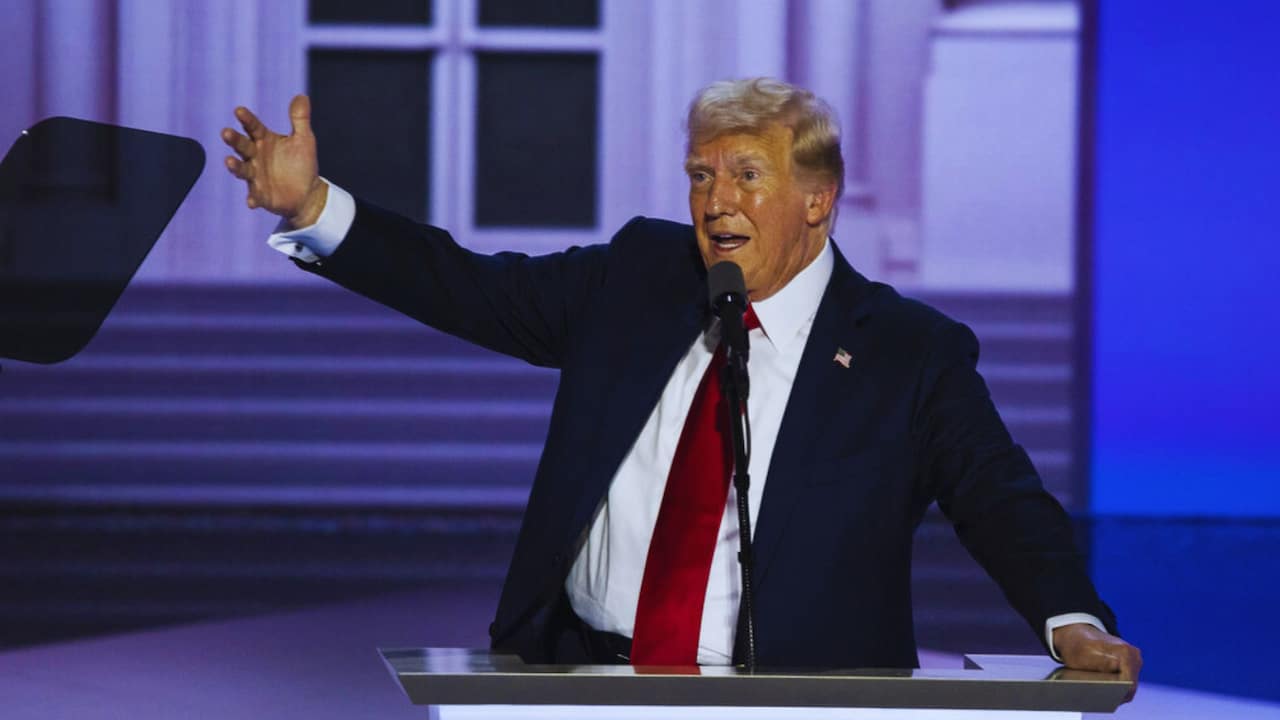Trump’s Most Controversial Cabinet Pick: RFK Jr. to Lead American Healthcare Despite History of Conspiracy Claims
In a move that has sent shockwaves through the medical community, Donald Trump has named Robert F. Kennedy Jr. as his pick for Secretary of Health and Human Services. Trump announced this appointment at his Mar-a-Lago resort, making it one of the most contentious Cabinet selections in recent American history.
A controversial choice with far-reaching implications
Kennedy, age 70, would oversee crucial health agencies including the FDA, CDC, and National Institutes of Health if confirmed by the Senate. His appointment raises serious concerns among health experts due to his long history of promoting various conspiracy theories and challenging established medical science.
The Impact on Public Health
Dr. Ashish Jha, dean of Brown University’s School of Public Health, called this “an extraordinarily bad choice,” expressing worry that Kennedy won’t rely on scientific evidence for decision-making. Former CDC acting director Dr. Richard Besser described the appointment as “chilling,” particularly regarding Kennedy’s stance on childhood vaccines.
Kennedy’s Controversial Views
Some of Kennedy’s most notable claims include:
- It is suggested that COVID-19 “ethnically targeted” certain races while “sparing” others.
- Promoting unproven COVID-19 treatments like ivermectin
- There are claims that vaccines can cause autism, despite overwhelming scientific evidence to the contrary.
- There is evidence linking prescription drugs to mass shootings.
- They are promoting various conspiracy theories, which include the CIA’s involvement in JFK’s assassination.
Trump’s Defense and Political Strategy
Trump has defended his choice, telling supporters at Mar-a-Lago, “I guess if you like health and you like people who live a long time, it is the most important position.” The president-elect praised Kennedy’s ideas and appeared to give him unrestricted freedom to implement his health policies.
Potential Impact on American Healthcare
If confirmed, Kennedy would possess unparalleled influence.
- Vaccine policies and public health measures
- Food and drug approval processes
- Medical research funding
- Health insurance policies
- School health guidelines
The Political Battle Ahead
Republicans hold control of the Senate, but Kennedy’s confirmation remains uncertain. Several moderate Republican senators may prove crucial in the process, including Senate Republican leader Mitch McConnell, a polio survivor.
Some Support for Kennedy’s Other Views
Despite the controversy surrounding his stance on vaccines, Kennedy has garnered support for specific positions:
- I am advocating for the removal of processed foods from school lunches.
- Warning about food industry marketing practices
- I am calling for stricter oversight of pharmaceutical companies.
The Broader Implications
This appointment represents more than just a controversial Cabinet pick—it signals a potential fundamental shift in American public health policy. With Kennedy at the helm of HHS, the U.S. could see significant changes in how it approaches:
- Disease prevention and control
- Medical research funding
- Drug approval processes
- Public health communications
- Food and environmental safety standards
Looking Ahead
The medical and scientific communities await Kennedy’s confirmation hearings with concern. If confirmed, his leadership could mark a dramatic departure from decades of evidence-based public health policy, potentially affecting millions of Americans’ health decisions and outcomes.
As this story develops, the key question remains: Will Kennedy’s controversial views shape national health policy, or will institutional safeguards and scientific consensus prevail in guiding American healthcare?
